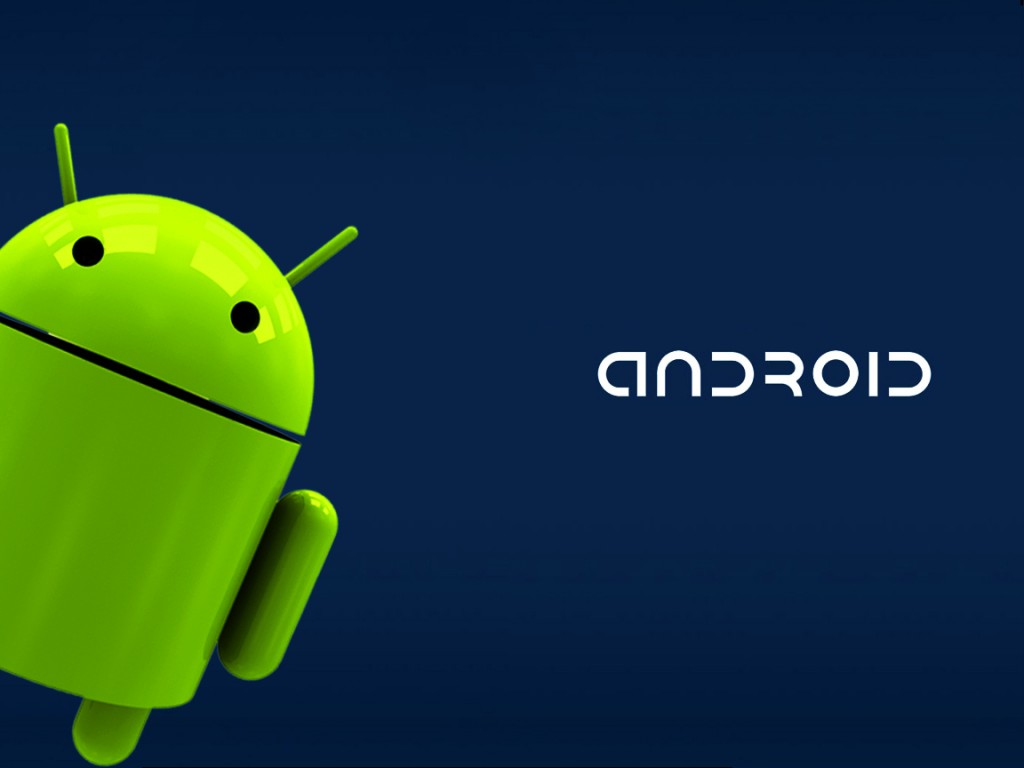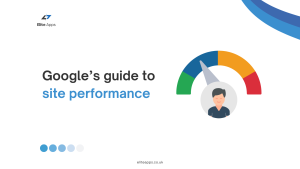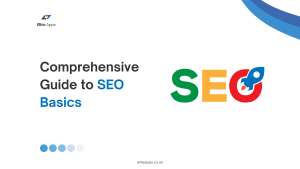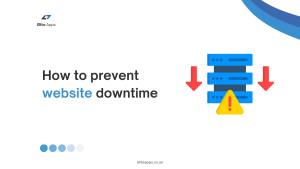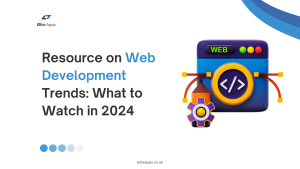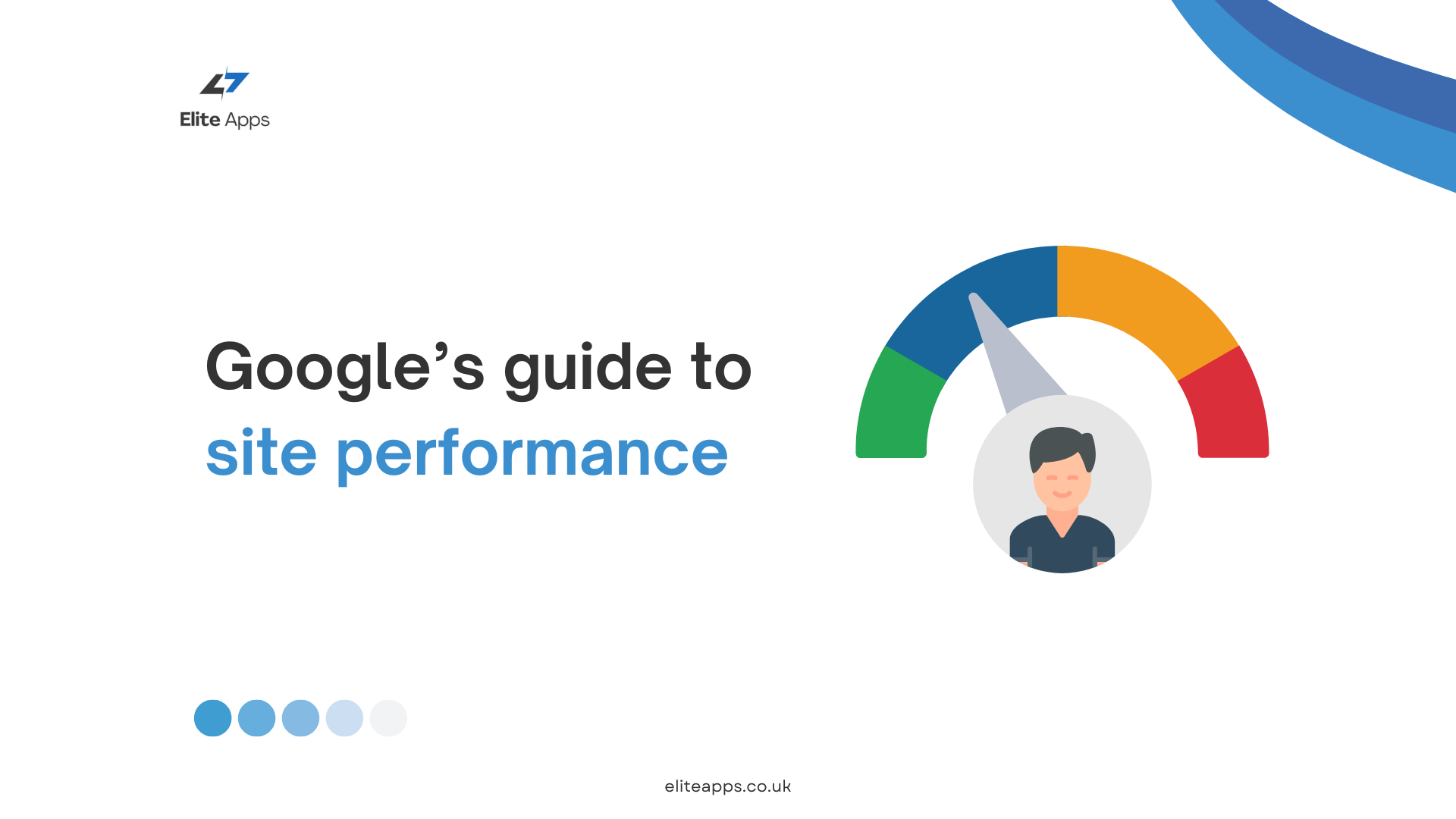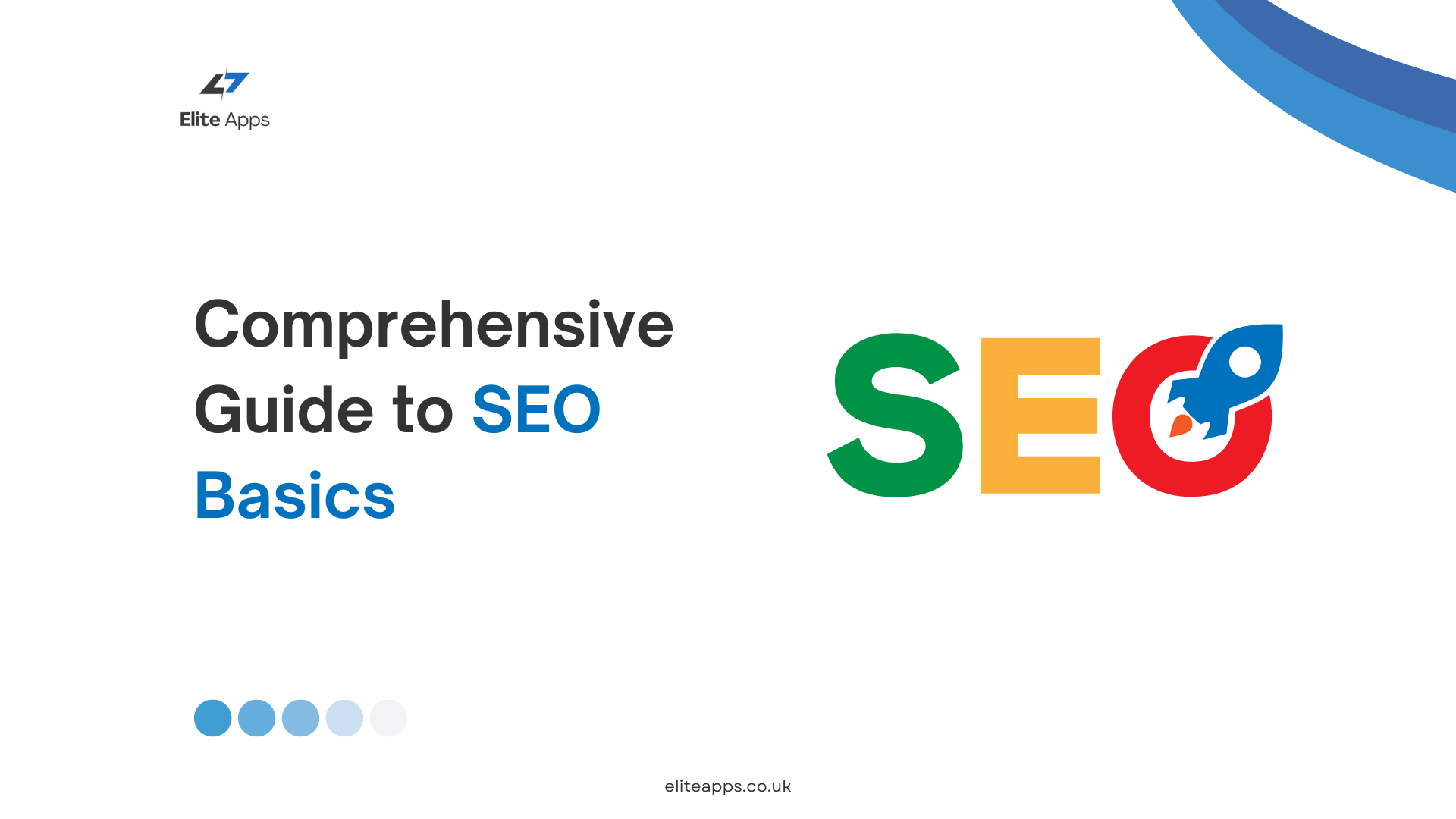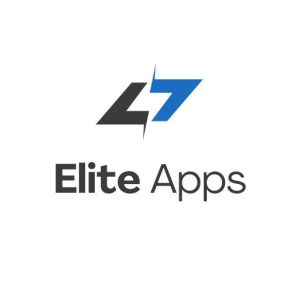In the fast-evolving world of mobile app development, choosing the right programming language is crucial for creating robust, high-performing Android applications.
With numerous languages available, each offering unique features and advantages, it can be overwhelming to decide which one to use.
To simplify your decision-making process, we’ve compiled a list of the 5 best Android app development programming languages for 2024.
Whether you’re a seasoned developer or just starting out, this guide will help you make an informed choice.
1. Kotlin
Why Kotlin is a Top Choice
Kotlin has rapidly become the preferred language for Android app development, endorsed officially by Google. It is designed to be fully interoperable with Java, making it easy for developers to transition from Java-based projects.
Kotlin offers modern language features, concise syntax, and improved safety, which helps in reducing common programming errors.
Key Features:
- Concise Syntax: Reduces boilerplate code, making the codebase more readable and maintainable.
- Null Safety: Minimizes null pointer exceptions, a common issue in Android development.
- Coroutines: Provides support for asynchronous programming, making it easier to manage background tasks.
Why You Should Use It: Kotlin’s modern features and ease of use make it an ideal choice for new projects and for upgrading existing Java-based apps. Its integration with Android Studio enhances productivity, offering real-time code analysis and suggestions.
2. Java
The Veteran Choice
Java has been a cornerstone of Android development since the platform’s inception. Despite the rise of Kotlin, Java remains a strong option due to its robustness, extensive libraries, and large community support.
Key Features:
- Mature Ecosystem: A vast array of libraries and frameworks available for various functionalities.
- Cross-Platform Capabilities: Java can be used for server-side applications, making it a versatile choice.
- Established Community: A wealth of resources, tutorials, and forums for support.
Why You Should Use It: Java is ideal for developers who have a deep understanding of the language and existing Java-based codebases. Its longevity and compatibility make it a reliable choice for maintaining and evolving legacy Android apps.
3. Dart (with Flutter)
For Cross-Platform Development
Dart, when used with the Flutter framework, offers a compelling solution for cross-platform development. This combination allows developers to build native-like applications for both Android and iOS from a single codebase.
Key Features:
- Hot Reload: Enables developers to see changes instantly, improving development speed.
- Rich Widgets: Flutter provides a wide range of customizable widgets, enhancing UI design.
- Performance: Dart compiles to native code, ensuring high performance and smooth animations.
Why You Should Use It: Dart and Flutter are perfect for projects that aim to reach a wider audience with a single codebase.
If you’re interested in developing applications for both Android and iOS efficiently, this combination is worth considering.
4. C++
For Performance-Critical Applications
C++ is often used in Android development for performance-intensive applications. Through the Android Native Development Kit (NDK), developers can use C++ to write parts of their apps that require high performance or low-level system access.
Key Features:
- High Performance: Ideal for games and applications with intensive computational requirements.
- Access to System Resources: Allows low-level programming and manipulation of system resources.
- Cross-Platform Capabilities: Can be used alongside Java or Kotlin to optimize specific components.
Why You Should Use It: C++ is suited for scenarios where performance is critical, such as game development or real-time processing.
If your app needs to handle complex computations or graphics efficiently, integrating C++ might be beneficial.
5. Python
For Rapid Development and Prototyping
Python, though not traditionally used for Android development, can be employed through frameworks like Kivy or BeeWare.
It is known for its simplicity and rapid development capabilities, making it a good choice for prototyping or educational purposes.
Key Features:
- Easy Syntax: Simple and readable syntax makes it accessible for beginners.
- Rapid Prototyping: Ideal for quickly building and testing concepts or prototypes.
- Extensive Libraries: A rich ecosystem of libraries for various functionalities.
Why You Should Use It: While Python is not the primary language for Android app development, it can be useful for developers who are already proficient in Python and need to prototype quickly or develop simple applications.
Conclusion
Choosing the right programming language for Android app development depends on various factors, including project requirements, developer expertise, and long-term maintenance goals.
Kotlin is the current favorite for new Android projects due to its modern features and strong integration with Android Studio.
Java remains a reliable choice for maintaining legacy apps, while Dart with Flutter offers a powerful solution for cross-platform development.
C++ is essential for performance-critical applications, and Python serves well for rapid prototyping and educational purposes.
By understanding the strengths and ideal use cases for each language, you can make an informed decision that aligns with your development needs and project goals.

